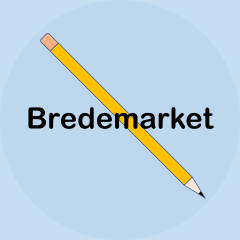Today’s acronym comes from Maira Ladeira Tanke of Amazon Web Services, who focuses her work on generative AI.
She delivered a Thursday presentation entitled “Customizing generative AI applications for your business using your data.” The tool that Tanke uses for customization is Amazon Bedrock, which supports Retrieval-Augmented Generation, or RAG.
Retrieval-Augmented Generation (RAG) is the process of optimizing the output of a large language model, so it references an authoritative knowledge base outside of its training data sources before generating a response. Large Language Models (LLMs) are trained on vast volumes of data and use billions of parameters to generate original output for tasks like answering questions, translating languages, and completing sentences. RAG extends the already powerful capabilities of LLMs to specific domains or an organization’s internal knowledge base, all without the need to retrain the model. It is a cost-effective approach to improving LLM output so it remains relevant, accurate, and useful in various contexts.
From https://aws.amazon.com/what-is/retrieval-augmented-generation/.
Because Amazon has obviously referred to my seven questions—OK, maybe they didn’t—the RAG page devotes time to the “why” question and the “benefits” question.
Amazon identified two problems with large language models, or LLMs (not to be confused with LMMs):
- LLM responses are unpredictable.
- LLM data is static.
So what happens when you use LLMs WITHOUT retrieval-augmented generation?
You can think of the Large Language Model as an over-enthusiastic new employee who refuses to stay informed with current events but will always answer every question with absolute confidence.
From https://aws.amazon.com/what-is/retrieval-augmented-generation/.
Ouch.
How does RAG solve these problems? It “redirects the LLM to retrieve relevant information from authoritative, pre-determined knowledge sources.” RAG allows you to introduce more current information to the LLM which reduces cost, increases accuracy (and attributes sources), and supports better testing and improvements.
For more technical information, see “What is RAG?” and “Knowledge Bases for Amazon Bedrock.”
(Image sources: Amazon, SourcesOfInsight.com)



